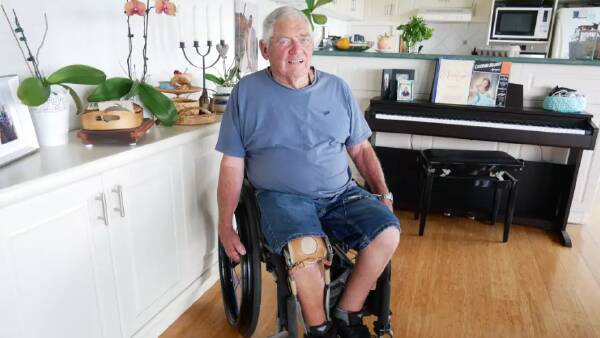URGENT UPDATE: New findings reveal that individuals suffering from chronic insomnia face a staggering 40 percent greater risk of developing dementia. This alarming statistic highlights an urgent need for awareness surrounding sleep disorders and their long-term impacts on brain health.
Experts from the American Academy of Neurology have confirmed these significant findings, emphasizing that sleep quality and duration are crucial to cognitive health. Chronic insomnia, defined as having difficulty sleeping at least three times a week for a minimum of three months, may be more than just a nightly struggle; it could be a precursor to serious neurological issues.
Dr. Diego Carvalho, a prominent neurologist and sleep medicine expert, stated, “Insomnia doesn’t just affect how you feel the next day—it may also impact your brain health over time.” He highlighted that those with chronic insomnia are experiencing a rapid decline in cognitive abilities, indicating that this condition could serve as an early warning sign for future cognitive impairment.
The implications of these findings are profound, given that insomnia is a common issue affecting millions in the United States and around the globe. As awareness grows, it is crucial for individuals experiencing sleep difficulties to seek professional help and consider interventions that could safeguard their cognitive health.
What happens next? Individuals suffering from insomnia should prioritize their sleep health and consult healthcare professionals. The American Academy of Neurology advises adopting better sleep hygiene practices to mitigate the risk of cognitive decline.
As research continues to unfold, the medical community is urged to explore effective treatments for insomnia to prevent potential dementia scenarios. This developing story underscores a critical link between sleep disorders and long-term cognitive health—one that could change the way we approach sleep and wellness.
Stay tuned for more updates as experts continue to investigate the relationship between sleep and brain health. This is a crucial moment for public awareness and action surrounding insomnia and its potential consequences. Share this information with loved ones who may be struggling with sleep issues to help raise awareness about this urgent health concern.



































































